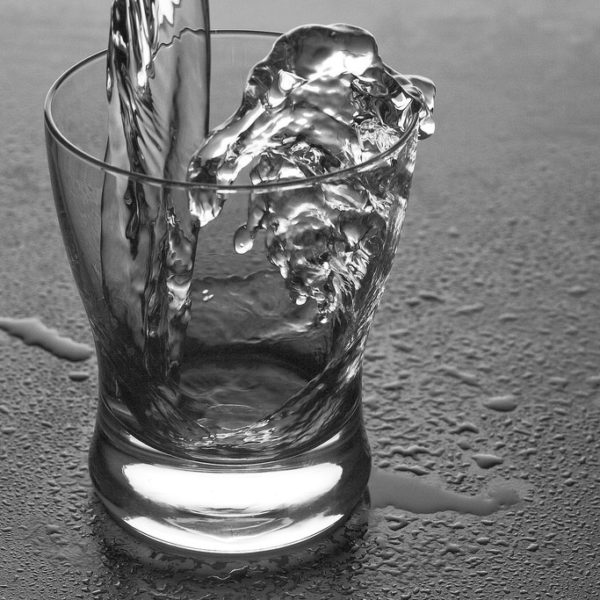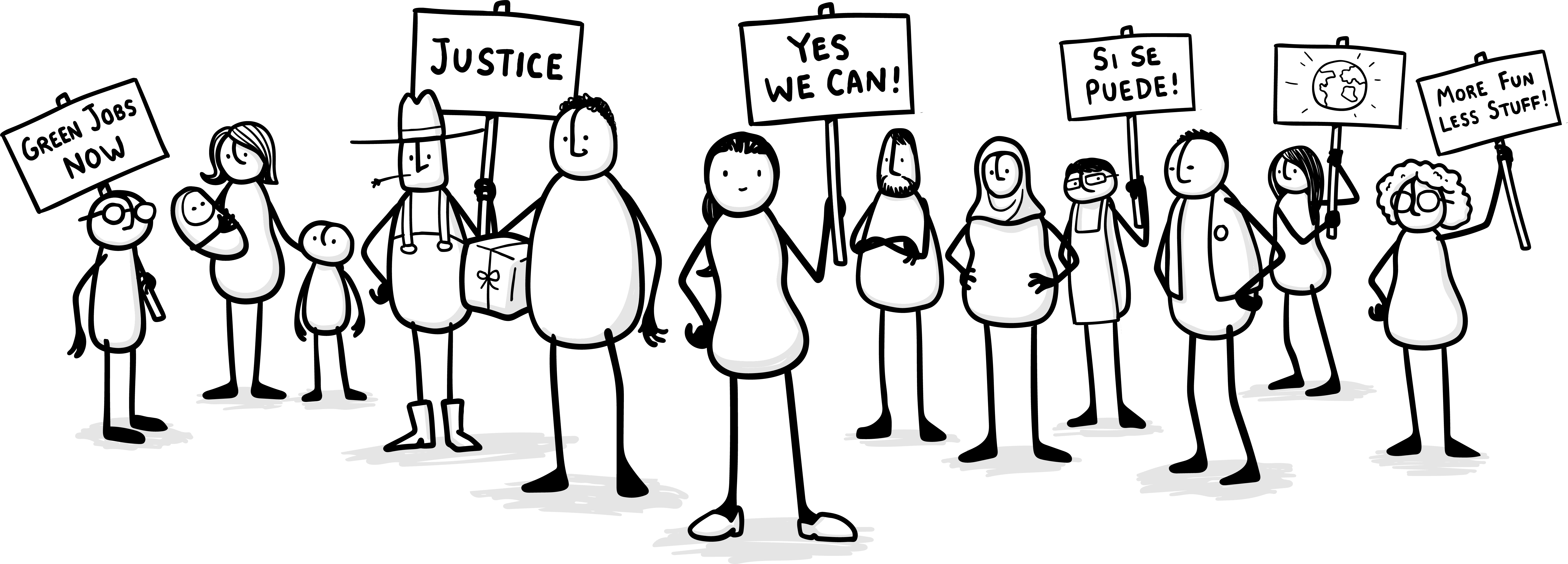On the four-year anniversary of the fateful day when city officials switched Flint, Michigan’s water source to the toxic Flint River, Representatives Keith Ellison and Ro Khanna introduced a crucial piece of water justice legislation: The Water Affordability, Transparency, Equity and Reliability (WATER) Act.1
At a time when the White House has formally suspended a major Obama-era clean water regulation2 and EPA Administrator Scott Pruitt has taken away control of key provisions in the Clean Water Act3 from regional offices, this bill is more important than ever. The Story of Stuff Project is supporting the WATER Act because we believe that clean water is a human right, not a corporate commodity.
In Michigan, and in many communities across the nation, residents still face increasing water shutoffs and rates for failing water systems. The WATER Act would make water service safer, more affordable and more accessible for urban and rural areas alike. This includes communities like Flint, Baltimore, and Martin County, Kentucky, which recently saw an emergency rate increase to deal with a catastrophically failing system.4
“It has been four years since the Flint water crisis began, and communities in Flint and across the country are still suffering from a lack of access to safe drinking water,” said Rep. Keith Ellison, a lead cosponsor of the WATER Act. “We are one of the richest nations in the world, and we have an abundance of natural resources, including water. This is unacceptable and I’m proud to introduce the WATER Act to guarantee clean, safe water for all.
The WATER Act legislation would benefit American families and provide $35 billion a year to improve drinking water and wastewater services by dedicating a source of federal funding for community water and wastewater systems, distributed through the existing State Revolving Funds (SRFs). It would also provide grants to replace lead service lines going into homes, remove lead pipes and plumbing in schools, construct and improve household drinking water wells, and upgrade home septic systems.5
The WATER Act stands in sharp contrast to the vision for infrastructure outlined by the Trump administration:6 regulatory rollbacks, privatization schemes, corporate giveaways, and toll and water bill increases, all of which disproportionately burden vulnerable communities and the environment. Instead of off-loading the full cost of safe water onto lower and middle class Americans, the WATER Act ensures the wealthiest are paying their fair share. It rolls back a small portion of the Trump administration’s corporate tax cuts to provide a long-term, sustainable source of funding for safe and clean water.
“Fourteen million U.S. households are struggling to pay for water that too often isn’t even safe to drink,” said Rep. Ro Khanna, a lead cosponsor of the WATER Act. “Decades of federal underinvestment has left many communities, particularly low-income and minority neighborhoods, with leaky and contaminated water systems. It’s past time that we ensure everyone in this country has access to the most basic human need: clean drinking water.”
Share : Facebook | Twitter
Learn: Watch A Tale of Two Cities, our short film that tells the story of communities in Michigan and their fight to secure safe, affordable, public water.Take Action: Stand up for the U.S. EPA!
1. H.R.5609
2. “E.P.A. Blocks Obama-Era Clean Water Rule”. The New York Times. January 31, 2018.
3. “Leaked memo: Pruitt taking control of Clean Water Act determinations”. CNN. April 4, 2018.
4, 5. “New Legislation Would Provide Urgent Protections to Prevent Another Flint Water Crisis Amid Trump’s Attack on Public Water“. Food & Water Watch. April 25, 2018.
6. “Trump’s infrastructure proposal, explained”. Vox. February 12, 2018.







